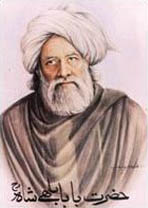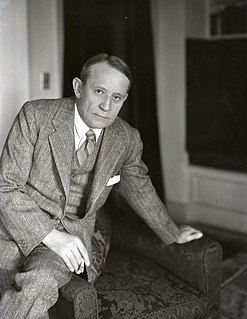A Quote by Diane Ackerman
One of the keystones of romantic love - and also of the ecstatic religion practiced by mystics - is the powerful desire to become one with the beloved.
Related Quotes
There is no religion in the world where there is a possibility of spiritual development outside of the context of that religion. This is only a modern invention. For example, Christian mystics were also Christians. They also went to Church and followed Christian laws. Hindu mystics were practicing Hindus; they didn't kill cows and have steak. They follow the Hindu laws and so on and so forth down the line and Sufism is no exception.
We become what we love and who we love shapes what we become. If we love things, we become a thing. If we love nothing, we become nothing. Imitation is not a literal mimicking of Christ, rather it means becoming the image of the beloved, an image disclosed through transformation. This means we are to become vessels of God's compassionate love for others.
That "ol' black magic" is a fickle force. The chemistry of romantic love can trigger the chemistry of sexual desire and the fuel of sexual desire can trigger the fuel of romance. This is why it is dangerous to copulate with someone with whom you don't wish to become involved. Although you intend to have casual sex, you might just fall in love.
Loneliness is the fundamental force that urgees mystics to a deeper union with God... An experience of God quenches this thirst for the absolute but at the same time, paradoxiacally, whets it, because this is an experience that can never be total; by necessity, the knowledge of God is always partial. So loneliness opens up mystics to a desire to love each other and every human being as God loves them.
A lover asked his beloved, Do you love yourself more than you love me? Beloved replied, I have died to myself and I live for you. I've disappeared from myself and my attributes, I am present only for you. I've forgotten all my learnings, but from knowing you I've become a scholar. I've lost all my strength, but from your power I am able. I love myself...I love you. I love you...I love myself.
When you have reached the point where you no longer expect a response, you will at last be able to give in such a way that the other is able to receive, and be grateful. When Love has matured and, through a dissolution of the self into light, become a radiance, then shall the Lover be liberated from dependence upon the Beloved, and the Beloved also be made perfect by being liberated from the Lover.
He was already looking at their relationship through the lens of the past tense. It puzzled her, the ability of romantic love to mutate, how quickly a loved one could become a stranger. Where did the love go? Perhaps real love was familial, somehow, linked to blood, since love for children did not die as romantic love did.






































